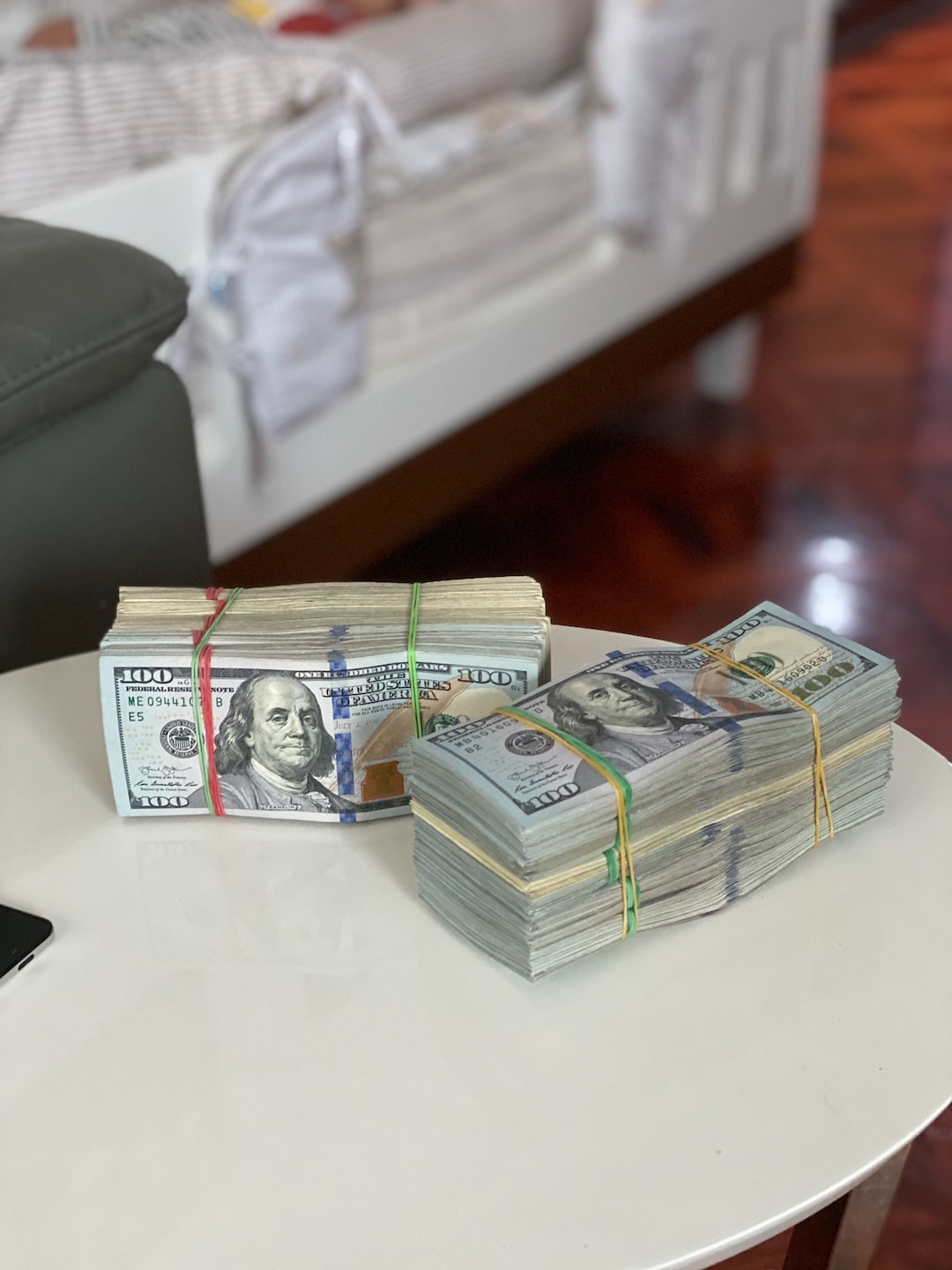Forex, also known as foreign exchange, is the world’s largest financial market with a daily turnover of over $5 trillion. Forex trading involves the buying and selling of currencies to make a profit. This activity is subject to taxation by the government, and it is important for traders to understand how forex is taxed federally.
In the United States, forex trading is taxed like any other investment. It is subject to capital gains tax, which is a tax on the profits made from the sale of an asset. The capital gains tax rate varies depending on the length of time the asset was held and the trader’s income tax bracket.
Short-term capital gains are those made on assets held for less than a year. These gains are taxed at the same rate as the trader’s income tax bracket. For example, if a trader’s income tax bracket is 24%, then any short-term capital gains made from forex trading will also be taxed at a rate of 24%.
Long-term capital gains are made on assets held for more than a year. These gains are taxed at a lower rate than short-term gains. The tax rate for long-term capital gains is 0%, 15%, or 20%, depending on the trader’s income tax bracket.
Traders should keep track of their gains and losses from forex trading throughout the year. This information will be used to calculate their tax liability at the end of the year. It is important to note that losses from forex trading can be used to offset gains in other investments, reducing the trader’s overall tax liability.
Forex traders may also be subject to the wash-sale rule. This rule applies to traders who sell a security at a loss and then repurchase the same security within 30 days. The loss from the sale cannot be used to offset gains in other investments, and it is added to the cost basis of the repurchased security. This rule does not apply to forex trading, as forex is not considered a security.
Forex traders may also be subject to the mark-to-market (MTM) accounting method. This method requires traders to report their gains and losses at the end of each year as if all open positions were closed. This means that traders must report unrealized gains and losses on open positions, even if they have not yet been realized. The MTM method is used by traders who have elected to be considered a “trader in securities” by the IRS.
Traders who elect to be considered a “trader in securities” may be eligible for a special tax treatment. This treatment allows traders to deduct all trading-related expenses, such as platform fees and education expenses, as business expenses. This can significantly reduce the trader’s tax liability.
In conclusion, forex trading is subject to capital gains tax in the United States. Traders should keep track of their gains and losses throughout the year and report them on their tax return. Forex traders may be subject to the wash-sale rule and the mark-to-market accounting method. Traders who elect to be considered a “trader in securities” may be eligible for a special tax treatment that allows them to deduct trading-related expenses as business expenses. It is important for forex traders to understand how forex is taxed federally to avoid any potential legal or financial issues.





